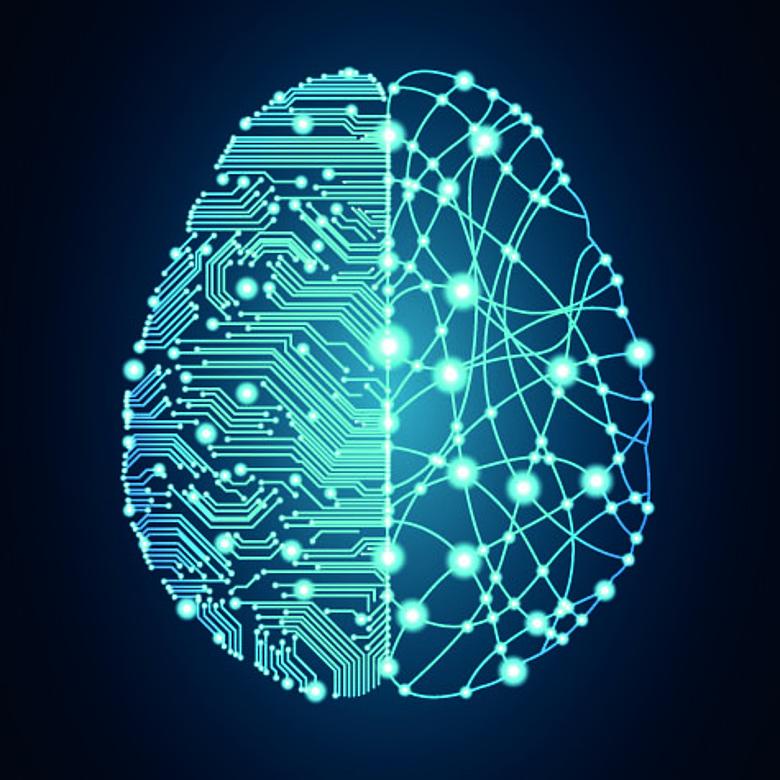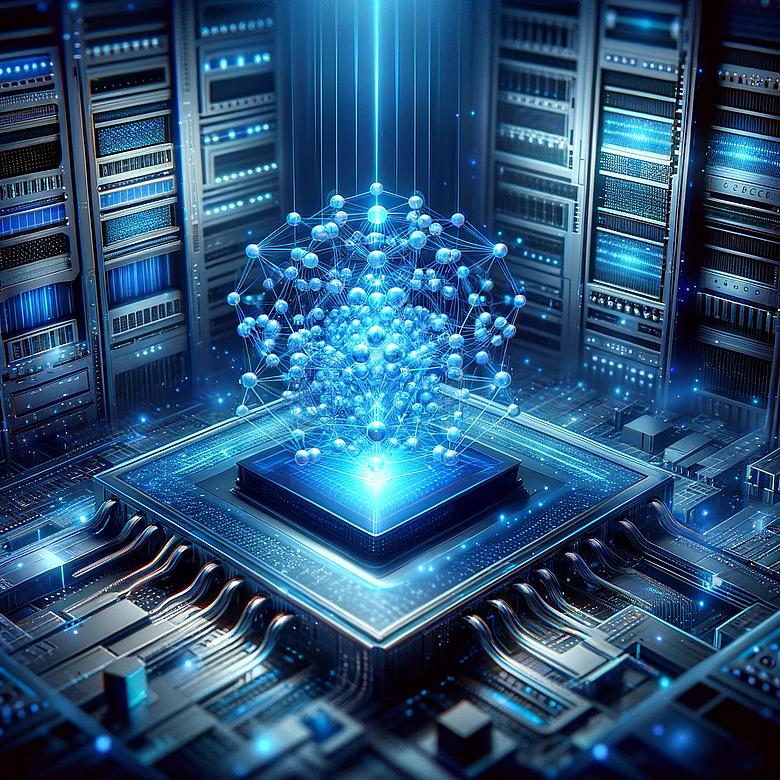Commonly, in the case of innovations in the software field, the term "computer-implemented invention" is used when the invention makes use of a data processing device (computer) and has a feature which is implemented by a computer program. Computer-implemented inventions may arise, for example, in the field of databases and search engines, encryption techniques and cryptography, blockchain, business software, Enteprise Resource Planning (ERP) software and the area of business methods.
The German Patent Office and the European Patent Office grant a patent to a computer-implemented invention only if this solves a technical problem in a non-obvious way. However, since in software the transition between conceptual ideas and their concrete technical application is flowing, computer-implemented inventions place high demands on the formulation of a patent application. Especially in the field of software, our law firm´s attorneys are experts in the relevant case law and have been actively involved in the creation of this case law for many years.
User-Interfaces
User interfaces, also known as "Human Machine Interfaces" (HMI) or "Man Machine Interfaces" (MMI), enable users to interact with machines.
Similarly to computer-implemented inventions, patents are granted to user interfaces only if they solve a technical problem in a non-obvious manner. In general, no technical effect is thereby attributed to the characteristics of e.g. a graphical design of a user interface, in case the characteristics only relate to to the information content of the user interface, that is to say, if the characteristics only deal with the content that is displayed. Therefore, it is crucial in patenting to precicely formulate the way in which information is made available to a user. Thereby, a technical effect can also be of physiological nature.
Industry 4.0
Industry 4.0 provides huge opportunities for companies to explore new markets through new business models and technologies.
Industry 4.0 and the Internet of Things (IoT) are concepts of the increasing digitization of our company. Industry 4.0 deals with the digital linking of information about resources, production processes into which the resources flow, as well as the products and services resulting from the production processes. Linking and analyzing this information makes it possible to draw conclusions about the processes and e.g. to optimize the processes based on this or to provide new products and services. Computer programs constitute the core of Industry 4.0 because they are able to extract relevant information from a wide range of data to enable an information-based business model.
Patent protection
The digitalization and development of new business areas, which is accompanied by industry 4.0, is a huge opportunity for future-oriented growth of companies. Through our decades of experience in the field of computer-implemented inventions, we will gladly accompany you in this process and protect the implementation of your new industrial 4.0 business models against imitation by third parties.
Artificial Intelligence
Artificial intelligence (AI) describes the ability of a computer to solve problems in an intelligent manner, i.e. in a way that requires human-like thinking skills.
The technical areas of use of AI are manifold and range from driver assistance systems in the automotive sector, speech recognition and facial recognition in mobile telecommunication devices, computer vision, robotics, chatbots for communication with customers, automation and predictions for maintenance optimization of machines to diagnostic support in the medical sector. AI enables users to make predictions with unprecedented precision over a wide range of variable input parameters.
Complexity and flexibility of the different tools of AI sometimes differ considerably. A simple approach would be, for example, a rule engine, a knowledge base, an expert system or a knowledge graph, whose query would lead to a corresponding result via logical links.
Not covered by this simple AI approach is machine learning., i.e. the ability to modify itself on the basis of new data. In this respect, machine learning is dynamic and self-developing. Machine learning is based on algorithms such as support vector machines, regression analysis, k-means, genetic algorithms and the so-called deep learning, which is a learning variant using artificial neural networks.





